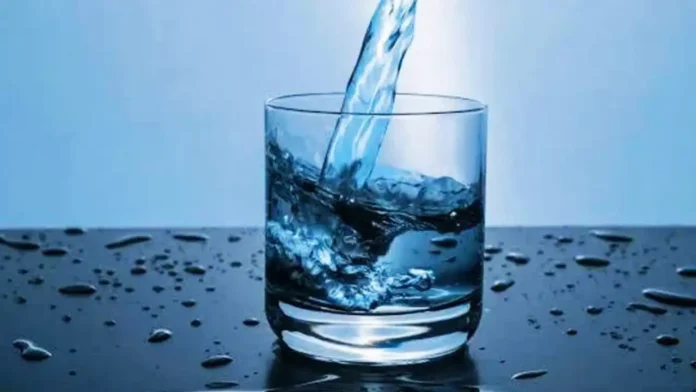Pakistan is grappling with a serious public health crisis as a staggering 61% of the drinking water in 29 cities has been declared unfit for human consumption.
A written response submitted by the Federal Minister for Water Resources to the National Assembly revealed these alarming statistics, underscoring the country’s growing water contamination issues.
According to the report, half of Pakistan’s water sources are unsafe due to high levels of chemical pollution, putting millions of citizens at risk of life-threatening diseases.
The cities most affected by this contamination include Bahawalpur, where a shocking 76% of the water is unsafe for drinking, followed by Multan with 94%, Faisalabad with 59%, and Sargodha with 83%.
Karachi, one of the country’s largest cities, has a staggering 93% of its water contaminated, while Sukkur’s water supply is 67% unfit for consumption.
Smaller cities like Abbottabad and Khuzdar also face significant water safety issues, with 55% of their water sources deemed hazardous.
These figures highlight the failure of Pakistan’s urban water supply systems, where a majority of the population is forced to consume dangerously contaminated water.
The widespread contamination not only threatens public health but also exposes the urgent need for national action to address this escalating crisis.
In the same parliamentary session, additional information was provided regarding the federal government’s obligations under the Net Hydel Profit (NHP) system.
The government is liable to pay Rs. 36 billion to Khyber Pakhtunkhwa, Rs. 72 billion to Punjab, and Rs. 370 million to Azad Kashmir under this agreement.
Over the past decade, Khyber Pakhtunkhwa has already received PKR 216.13 billion, Punjab PKR 73.45 billion, and Azad Kashmir PKR 6.36 billion under this agreement.
The government’s efforts to tackle other major health challenges, such as polio, were also outlined.
Funds amounting to $180 million were allocated to the polio eradication program in 2022, followed by $187 million in 2023, and an additional $80 million set aside for 2024.
These resources have been instrumental in maintaining the momentum of the polio eradication campaign.
Since January 2022, a total of $447 million has been spent on this mission, with ongoing monitoring crucial for its success.
While the government is making strides in fighting polio, the overwhelming issue of contaminated drinking water demands immediate attention.
Despite financial allocations and monitoring programs, more comprehensive efforts are required to ensure clean and safe drinking water for all, and to fully eradicate life-threatening diseases like polio across the country.




